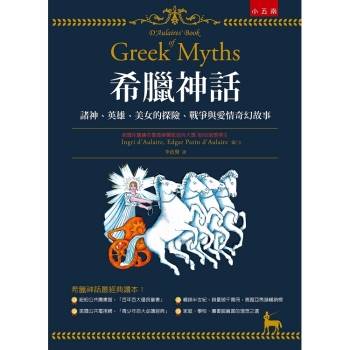A child with specific language impairment (SLI) does not acquire normal language ability at the appropriate age. Findings in SLI studies are contradictory, and the core problem of the disorder is still under debate. The present work suggests that deficient discrimination and memory functions are the essential factors underlying SLI. However, the environmental support that children with SLI receive seems to correspond insufficiently to the underlying factors. Moreover, the possible effects of SLI and its underlying factors on psychomotor and social-emotional development merit reconsideration.
| FindBook |
|
有 1 項符合
asikainen的圖書 |
 |
$ 4693 | Diagnosing Specific Language Impairment
作者:Asikainen 出版社:VDM Verlag 出版日期:2008-11-06 語言:英文 規格:平裝 / 284頁 / 22.9 x 15.2 x 1.5 cm / 普通級  看圖書介紹 看圖書介紹
|
|
|
圖書介紹 - 資料來源:博客來 評分:
圖書名稱:Diagnosing Specific Language Impairment
|











